MK Ultra was a covert program initiated by the Central Intelligence Agency (CIA) in the early 1950s, aimed at developing mind control techniques through a variety of experiments. The program was officially sanctioned in 1953 by CIA director Allen Dulles and ran until the 1970s. The scope of MK Ultra was vast, encompassing numerous sub-projects that involved universities, hospitals, prisons, and pharmaceutical companies. The program's methods included the administration of drugs (notably LSD), hypnosis, sensory deprivation, isolation, verbal and sexual abuse, and other forms of psychological manipulation. The ultimate goal was to explore the possibilities of controlling human behavior to use these techniques in interrogations and covert operations.
Origin and Development
The origins of MK Ultra can be traced back to earlier CIA projects like Project Bluebird and Project Artichoke. These initial projects were focused on interrogations and the development of techniques to resist enemy interrogation methods. With the onset of the Cold War, there was an increased urgency within the CIA to find effective ways to counter perceived Soviet mind control efforts. In 1953, MK Ultra was established as an umbrella project that would encompass various sub-projects and experimentations aimed at developing mind control techniques.
LSD Experiments
One of the most infamous aspects of MK Ultra was its extensive use of Lysergic Acid Diethylamide (LSD). The CIA believed that LSD could be a powerful tool for mind control, capable of breaking down an individual's resistance and inducing a state of heightened suggestibility. LSD experiments were conducted on both willing and unwitting subjects, including CIA agents, military personnel, prisoners, and members of the general public. One notorious sub-project, Operation Midnight Climax, involved setting up safe houses in San Francisco and New York, where prostitutes hired by the CIA would lure men to the safe houses, and the men would then be secretly dosed with LSD. The CIA agents observed and recorded the subjects' behavior through one-way mirrors.
Hypnosis and Sensory Deprivation
In addition to drug experiments, MK Ultra also involved the use of hypnosis and sensory deprivation. Hypnosis was explored as a means of inducing amnesia, implanting false memories, and controlling behavior. Sensory deprivation experiments involved placing subjects in isolation tanks, where they were deprived of all sensory input. These techniques were designed to break down the subjects' psychological defenses and render them more susceptible to suggestion and manipulation.
Psychological and Physical Abuse
The program included experiments that subjected individuals to extreme psychological and physical abuse. Subjects were often kept in isolation for extended periods, deprived of sleep, subjected to continuous loud noises, or exposed to other forms of psychological torment. Dr. Donald Ewen Cameron, a prominent psychiatrist, conducted experiments under MK Ultra at the Allan Memorial Institute in Montreal. His methods, known as "de-patterning," involved administering high doses of electroconvulsive therapy (ECT) combined with prolonged drug-induced sleep to erase existing memories and reprogram the mind. These brutal techniques left many subjects with permanent psychological damage.
Ethical Violations
The ethical violations committed under MK Ultra were extensive. Many subjects were experimented on without their knowledge or consent, violating fundamental principles of medical and psychological ethics. Vulnerable populations, such as prisoners, mental patients, drug addicts, and people from marginalized communities, were often targeted for these experiments. The lack of informed consent and the deceptive nature of the experiments resulted in numerous lawsuits and public outcry once the program was exposed.
Exposure and Public Reaction
The existence of MK Ultra was largely unknown to the public until the 1970s. In 1974, investigative journalist Seymour Hersh published an article in The New York Times detailing the CIA's illegal activities, including MK Ultra. This led to investigations by the Church Committee and the Rockefeller Commission, which uncovered the full extent of the program. In 1977, a Freedom of Information Act request revealed approximately 20,000 documents related to MK Ultra, further exposing the program's scope and methods. The public reaction was one of shock and outrage, leading to significant scrutiny of the CIA and its practices.
Destruction of Records
In 1973, amid growing scrutiny and internal concerns, CIA Director Richard Helms ordered the destruction of all MK Ultra records. While many documents were destroyed, some survived and were later uncovered during investigations. The destruction of records has left many aspects of MK Ultra shrouded in mystery, and much of what is known about the program comes from surviving documents and testimonies from those involved.
International Involvement
MK Ultra was not confined to the United States; it had international dimensions as well. Experiments were conducted in other countries, often without the knowledge or consent of local governments. One notable example is the collaboration with Canadian psychiatrist Dr. Donald Ewen Cameron, whose experiments at the Allan Memorial Institute in Montreal were part of MK Ultra. The international scope of the program highlights the CIA's far-reaching efforts to develop mind control techniques.
Legacy and Impact
The legacy of MK Ultra is one of enduring controversy and ethical debate. The program's revelations have had a lasting impact on public perception of the CIA and government oversight of intelligence activities. The exposure of MK Ultra led to increased scrutiny and reforms, including greater oversight of intelligence agencies and stricter guidelines for human experimentation. The ethical breaches and human rights violations committed under MK Ultra have served as a cautionary tale about the dangers of unchecked governmental power and the need for transparency and accountability.
Cultural Influence
MK Ultra has also left a significant mark on popular culture. The program has inspired numerous books, films, and television shows that explore themes of mind control, government conspiracies, and unethical scientific experimentation. Works like "The Manchurian Candidate", "Stranger Things", and "American Ultra" draw from the dark legacy of MK Ultra, contributing to its notoriety and cultural resonance.
Continuing Mystery
Despite the exposure and investigations, much about MK Ultra remains unknown due to the destruction of records and the secretive nature of the program. This ongoing mystery has fueled conspiracy theories and continued interest from researchers, journalists, and the public. The program's combination of bizarre experiments, ethical breaches, and government secrecy has made it a focal point for those interested in the darker aspects of intelligence operations.
In conclusion, MK Ultra represents one of the most controversial and ethically troubling programs in the history of the CIA. Its extensive and varied methods, profound ethical violations, and lasting impact on public perception and government oversight have made it a subject of enduring interest and debate. The revelations about MK Ultra serve as a stark reminder of the potential for abuse when governmental power is wielded without transparency and accountability.
20 years

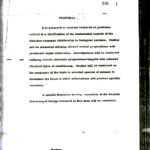
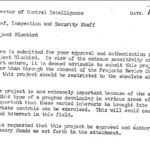
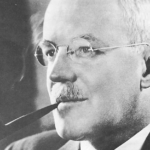
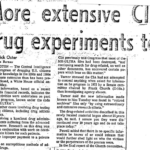
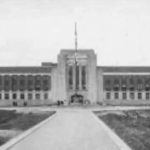
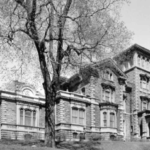

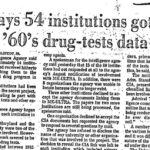
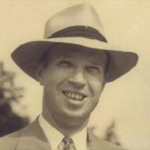

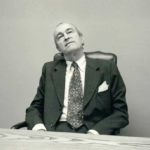
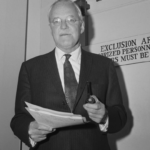
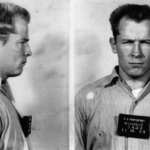

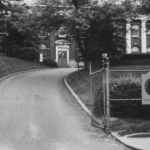
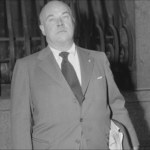
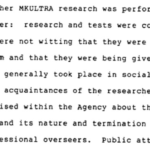
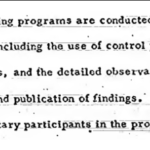
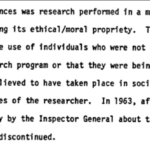
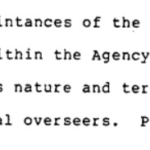
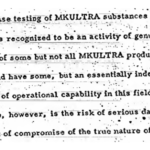
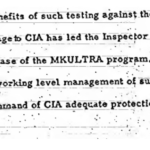
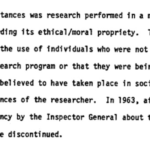
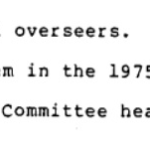
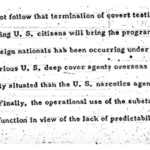






Discussion Board
Please login to join the discussion.
No comments yet. Be the first to start the discussion!